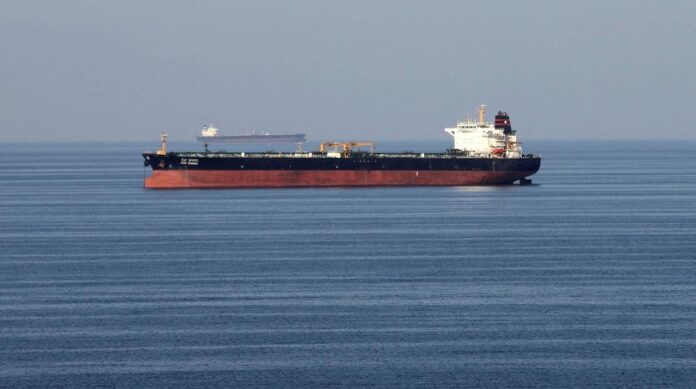New Delhi, June 23: Iran’s move to potentially close the Strait of Hormuz, a vital global oil transit route, following US strikes on its nuclear facilities, has raised serious concerns for India’s energy and trade sectors. With over 20% of the world’s oil passing through this narrow corridor, any disruption could have an immediate impact on crude prices and shipping routes.
India, which imports more than 85% of its crude oil, could face the brunt of a price shock. Energy analysts warn that a full or partial blockade of the Strait could trigger a 30-50% surge in global oil prices, pushing retail fuel prices up by ₹15-30 per litre and adding pressure to already elevated inflation levels.
The Iranian Parliament on Sunday voted in favour of closing the Strait, one day after US forces carried out “Operation Midnight Hammer,” targeting Iranian nuclear sites in Isfahan, Fordow and Natanz. The final call, however, lies with Iran’s Supreme National Security Council and its Supreme Leader Ayatollah Ali Khamenei.
Shipping lines through the Strait are crucial not just for oil, but also for the movement of fertilizers, chemicals, and industrial goods. A prolonged closure could disrupt India’s westward trade and raise freight costs across sectors.
Petroleum Ministry officials said India is monitoring the situation closely. “We have strategic reserves, but prolonged disruptions will require quick sourcing diversification and domestic response,” said a senior official, declining to be named.
The ripple effects could also spill over into stock markets, with oil marketing companies, aviation stocks, and import-heavy sectors likely to face heat. Shares of IOC, BPCL, Indigo and SpiceJet may come under pressure in the days ahead if crude continues to climb.
The Ministry of External Affairs is expected to engage diplomatically to avoid further escalation, though analysts point out that India’s balancing act between Iran and the West may become increasingly difficult. New Delhi has previously relied on quiet diplomacy to navigate US-Iran tensions, but a Strait closure directly threatens national interests.
The last time Iran threatened to close the Strait, during the Iran-Iraq war in the 1980s, global oil markets were rattled and shipping premiums soared. Though actual closure never materialised, the threat alone was enough to disrupt supply lines.
If approved, Iran could enforce the closure using naval patrols, missile threats, or laying mines, any of which would pose serious risks to commercial tankers. International insurers may also raise premiums for vessels passing through the Strait, further escalating shipping costs for Indian imports.
For now, the Indian government is likely to wait and watch. However, any formal closure or armed skirmish in the region could force India to activate contingency measures, including fuel subsidies, import adjustments, and potential naval escorts for strategic cargo.
With fuel prices already under pressure and the global geopolitical climate tense, India could face a new test of its economic resilience and strategic diplomacy in the days to come.





